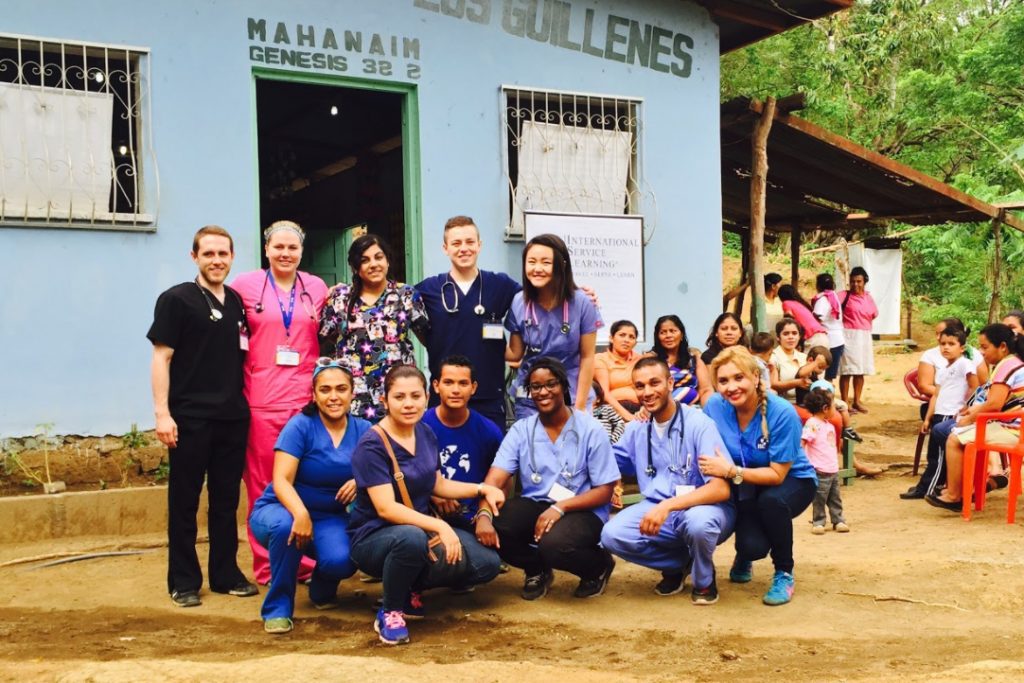With cross-cultural medical service trips becoming increasingly common, one graduate student in Eastern Mennonite University’s MA in Biomedicine program is sharing his own experience working in Nicaragua.
Graduate student Milan Sheth, who plans to specialize in internal medicine, recently authored two articles published in Pre-Med Life magazine and the Journal of the Student National Medical Association about his experiences in May 2016, when EMU graduate students joined other students and health professionals on an International Service Learning medical team focused on public health.
One caveat, though: his experience wasn’t voluntary, but a curricular requirement designed to increase cross-cultural competencies and prepare future healthcare professionals to work with diverse and often underserved populations. Each May, biomedicine graduate students between their first and second year of study scatter across the globe.
The trips, which are supported by EMU faculty, are part of a required course melding classroom theory with the indelible experience of working with health providers and patients in underserved populations.

Groups have traveled to Guatemala, Nicaragua and Belize, as well as to Kentucky with Appalachian Health Care, an organization that serves locations in the Appalachians. An additional upcoming cross-cultural offering this May will be based in Washington D.C. at EMU’s Washington Community Scholars’ Center.
Sheth chronicles the group’s interactions with the local community, going door-to-door to offer free medical check-ups in impoverished areas. Time was also spent in two clinics, including one in a fairly new middle-class neighborhood with, as Sheth learns, no nearby public health care facilities.
The experience, he writes, was “challenging, heartwarming and heartbreaking.”
The healthcare immersion experience helps students develop cross-cultural competencies that are so important in healthcare settings, says nursing and biomedicine professor Ann Hershberger, PhD, who spent 10 years in church-sponsored service in Central America. Hershberger earned her PhD with research on the relationships between Nicaraguan NGO health organizations and the country’s ministry of health.
Sheth’s article complements another Pre-Med Life feature about “voluntourism” by Melissa Achett, pointing out a new trend among pre-med students who take part in international medical mission trips. “Learning new viewpoints … can help students to develop unique qualities that will shape them into sensible physicians,” she writes. “Traveling to another country, learning another language, and living with strangers stimulates social skills and promotes inter-cultural understanding, all skills valued in a hospital setting.”
EMU’s cross-cultural requirement for the MA in Biomedicine graduate program is a natural outgrowth of a similar requirement for undergraduate students. Since 1972, EMU has sponsored faculty-guided study, often in countries where faculty themselves have lived and worked. The program became mandatory for undergraduate students in 1982.
